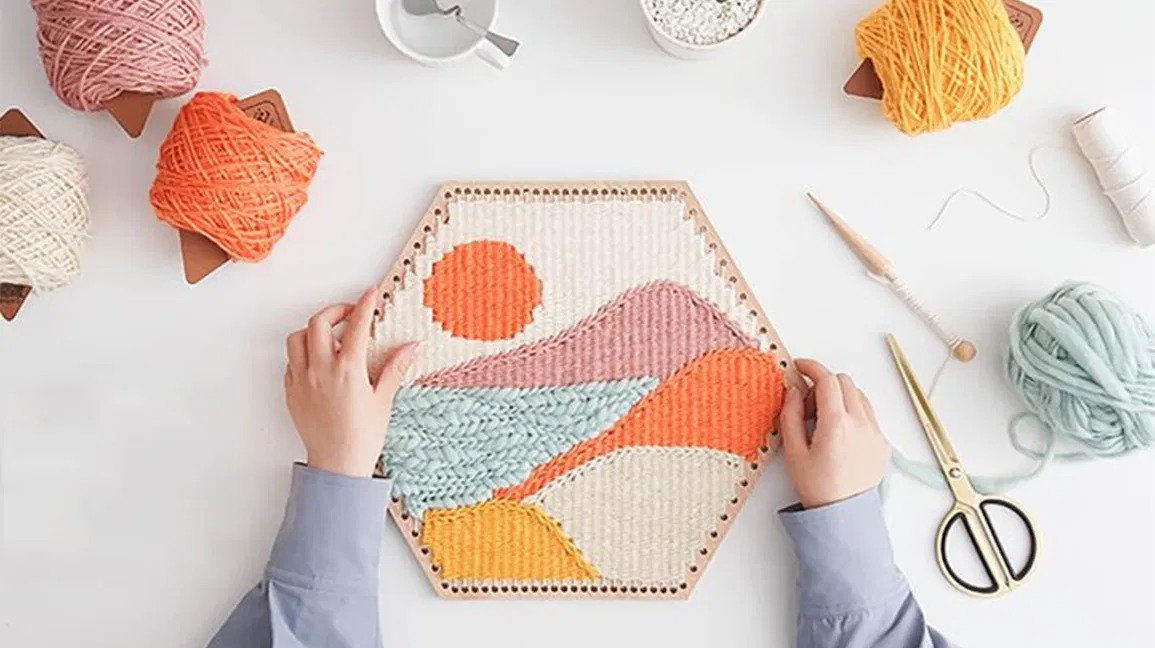The Ultimate Survival Guide During Rainy Season in Jakarta
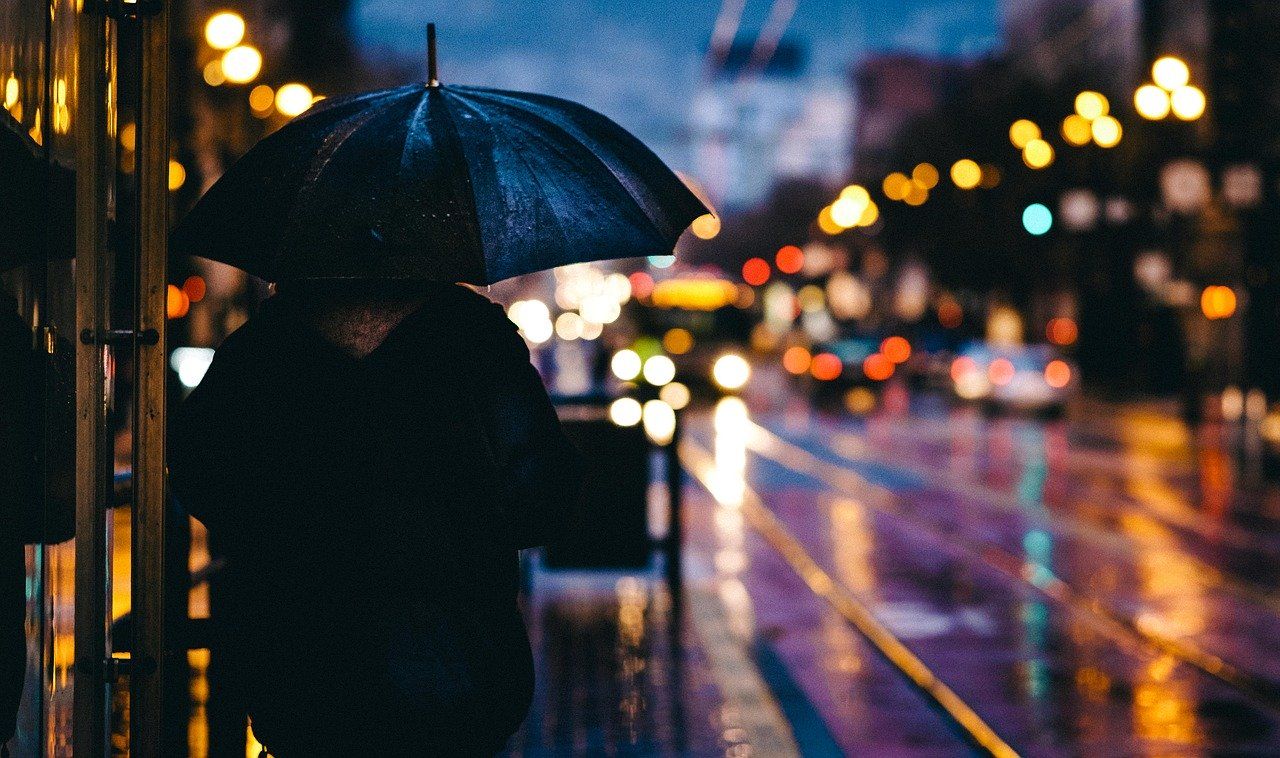
Get ready for Jakarta’s wettest season.
Every January and February during the Monsoon season, Jakarta experiences the highest rainfall in the year. In 2020, the rain is the heaviest it has been in the last 24 years and has resulted in flash floods in a few areas all over Jakarta which has sadly claimed a few lives.
In times of such crisis, it is important to exercise safety measures to protect yourself and your family. Check out the following tips to help you survive the rainy season!
1. Always carry an umbrella or raincoat with you all day

Even if the sky looks bright and sunny when you leave the house, it can start raining at any time and you would not want to be stuck in a situation without anything to keep you dry. This is a situation that could have been easily avoided if only you had planned ahead.
If you are one who takes an ojek regularly, it would be wise to pack a raincoat so avoid being left soaking wet. Having an umbrella or raincoat not only keeps you dry but also your valuables like your phone and cash dry.
Just to be extra safe, you can also consider storing your valuables in disposable ziplock bags to make it extra waterproof.
2. Exercise road safety and don’t speed on roads
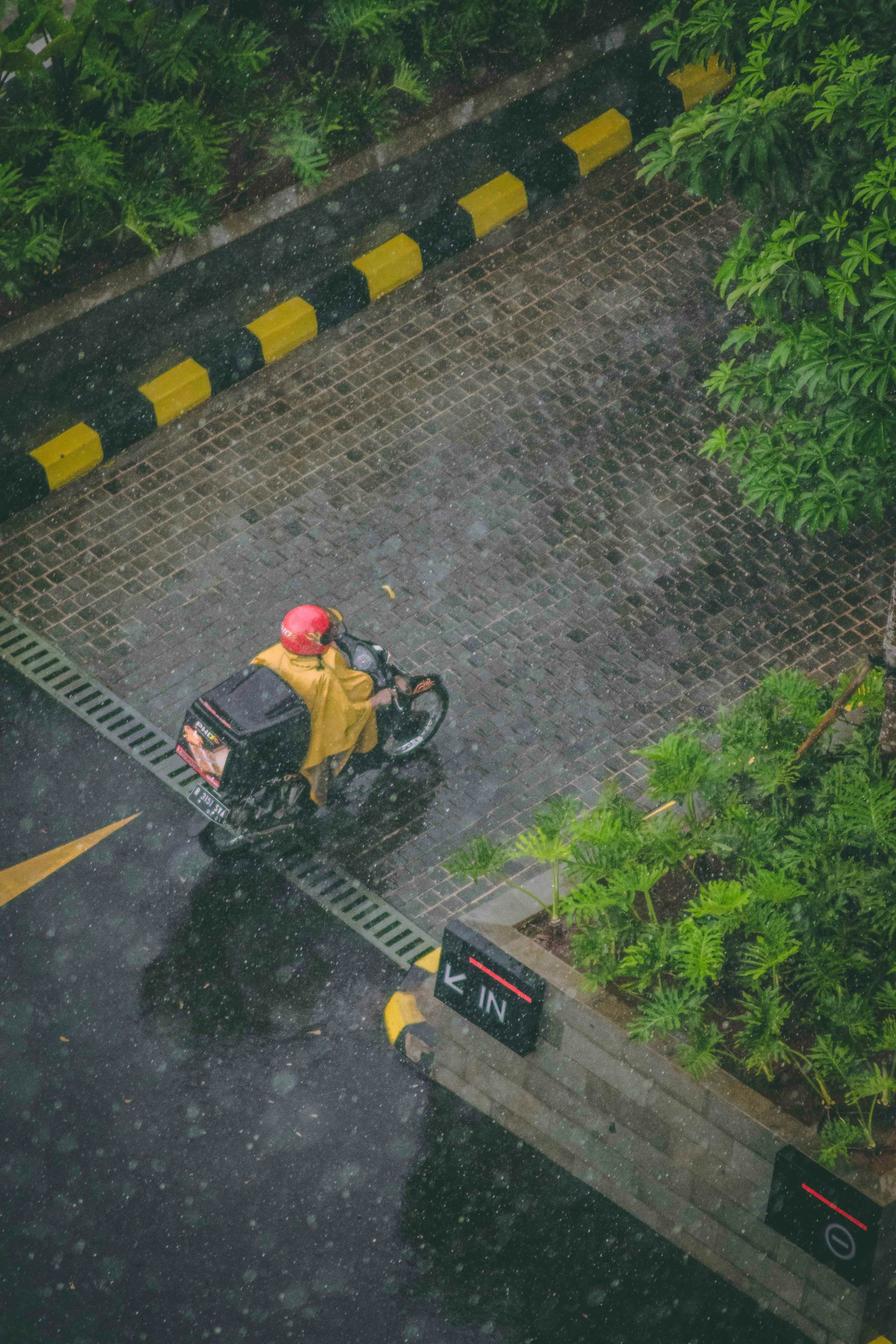
Wet roads can get pretty slippery and hence it best to exercise road safety by driving slower than usual and avoid tailgating.
Be careful while turning sharp corners especially on motorcycles as you might end up skidding and injuring yourself. Avoid driving in places with relatively high water levels as they can turn into strong currents that can compromise your safety.
That being said, it is important to continue following the usual road safety measure like wearing your seatbelt, securing your motorcycle helmets properly, and ensuring that your brakes and wipers are in proper working conditions.
3. Keep yourself in the loop about the weather conditions

With the weather being so tumultuous, the weather forecast can change without a warning and it is important to be keep yourself updated on the flood situation around your work and home areas. This allows you to plan ahead and make decisions like whether you should seek shelter safer area or if the roads are safe for travelling.
There are special features on Google Maps to update you on the flood conditions and the affected areas. Also remember to refer to the weather app for the weather forecast for that day before leaving your home.
4. Ensure windows are shut properly
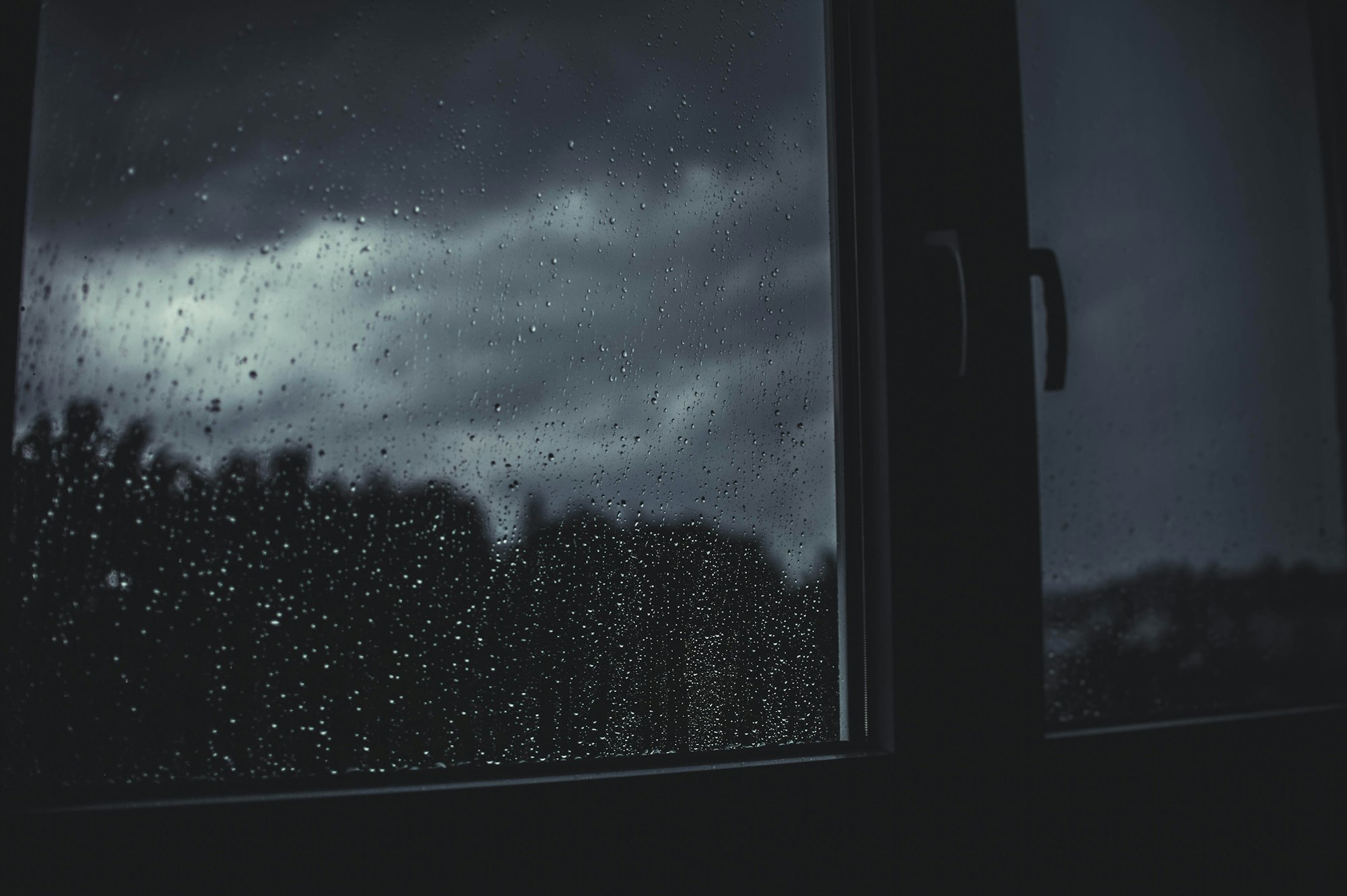
Before leaving your house, ensure that all your windows are closed to prevent rainwater from splashing into your home and potentially ruining your furniture.
You can also move your expensive furniture away from the windows and protect them with plastic for extra precaution.
Closing your windows also prevents any mosquito and insects from entering and infesting your home.
5. Avoid travelling unless it is safe to do so
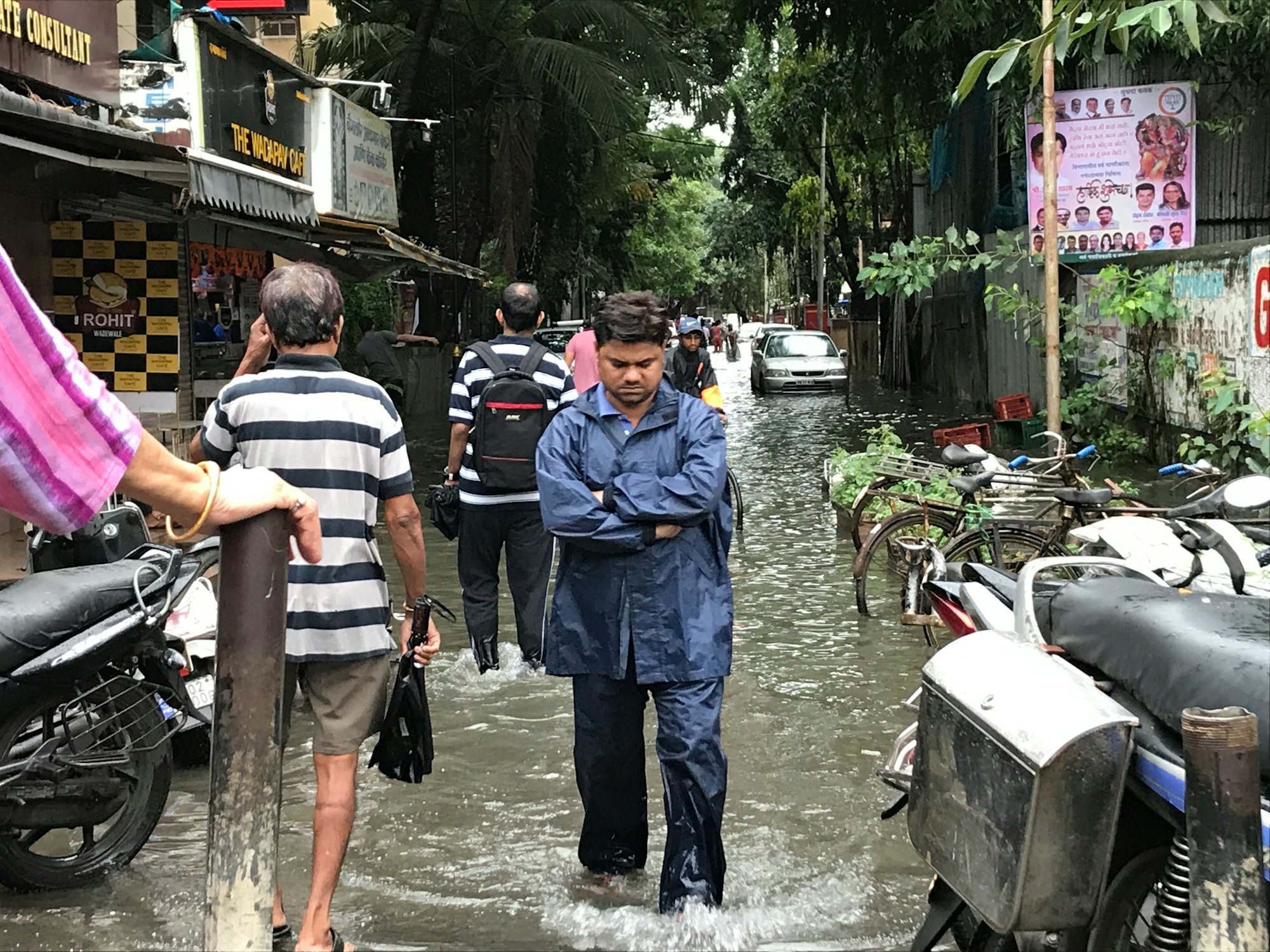
Plan your day ahead by referring to the weather app and local media news. If the road to your destination or your residential area itself is affected then it is best you stayed at home to prevent compromising your safety.
If needed, request for your workplace to allow you to work from home. It is definitely not worth risking your safety over your work.
6. Protect yourself from mosquitos and other bugs

Mosquitoes lay their eggs in pools of stagnant water, thus making monsoon the perfect breeding season for these pesky insects.
Given that they can potentially transmit deadly diseased like malaria, dengue and chikungunya, you should consider using electronic mosquito repellents or burning mosquito coils to keep the insects at bay and preventing the spread of diseases.
7. Unplug electronic appliances that could be in contact with water
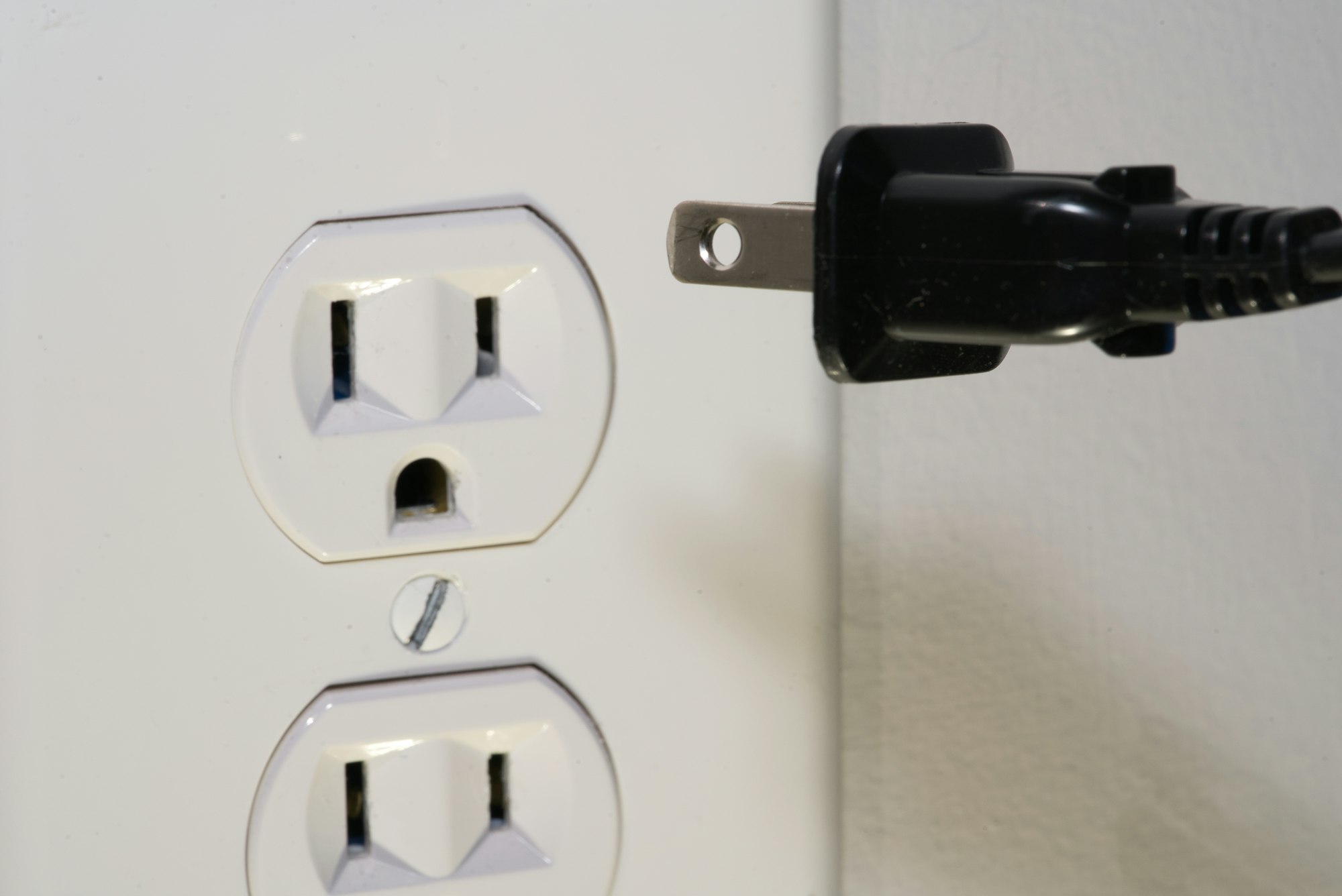
It is important to unplug your home electronic appliances during heavy rainfall. Voltage fluctuation and load shedding during heavy rain can potentially damage your expensive appliances which is a safety threat as well as a strain on your wallet.
Wet appliances can also possibly electrocute anyone who is in contact with them.
8. Move to higher ground if necessary

If your home is at risk of being flooded, then it would best for you and your family to seek shelter at a higher ground. You could move in with your relative or friend who lives in a safer area.
Remember to pack your essentials like important documents, cash, and electronic devices. It is better to evacuate out of flood prone areas earlier by yourself rather than to wait for the condition to get worse at the last minute.
9. Register with your respective country’s embassy t0 be accountable
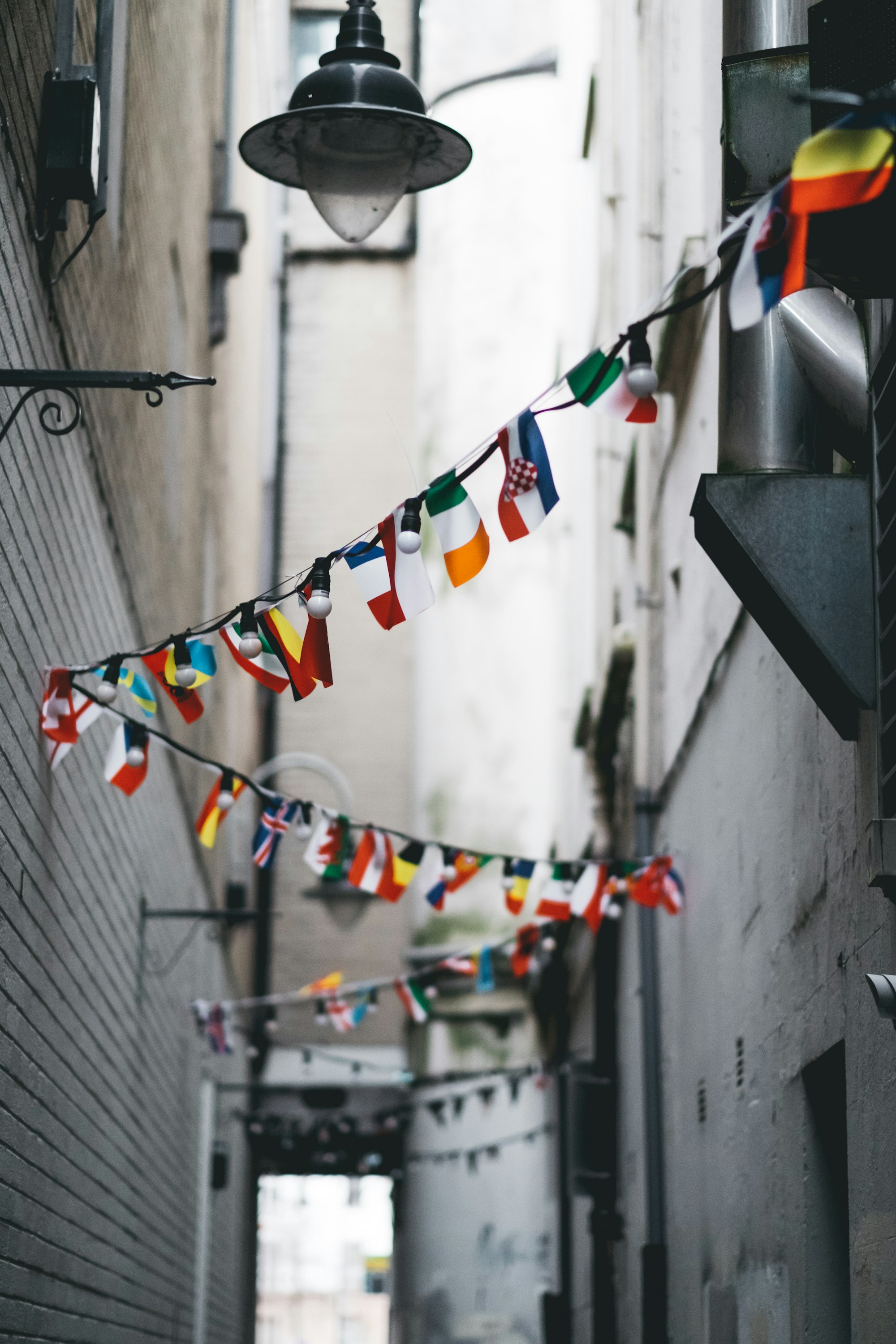
It is a typical protocol during disasters to register with your respective country’s embassies in Jakarta to ensure that you are accounted for and so that help can be accessed to you promptly if necessary.
Being in a new country, you might not be all too clear with the emergency protocols and hence the embassy will provide you with the necessary information to keep you prepared and properly equipped.
10. Prepare an emergency kit with all your essentials
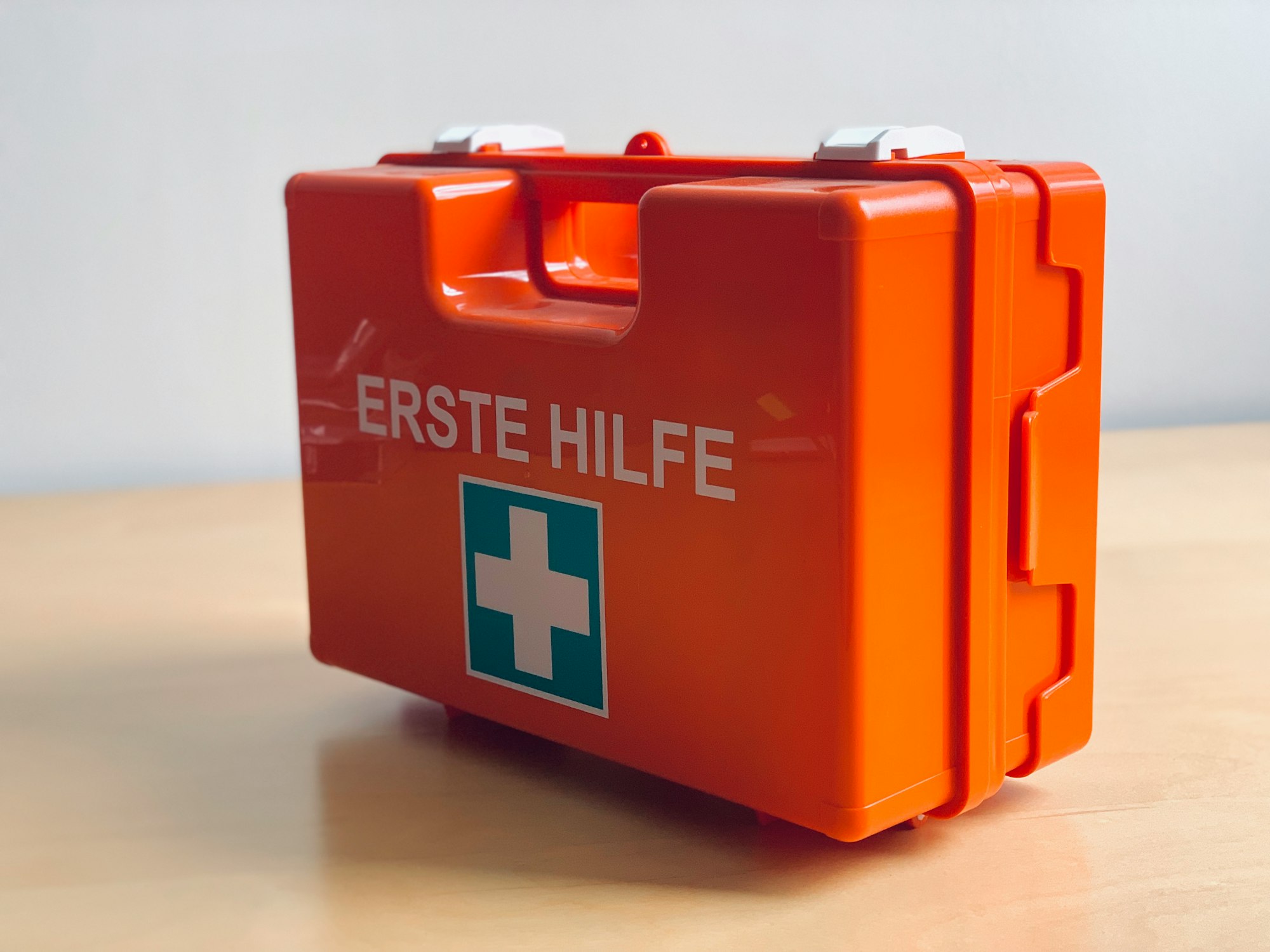
In case things get bad and you need to evacuate from your home or in the case of a power shortage, it absolutely crucial to have an emergency kit at hand.
Here are some of the essentials to pack in your kit to ensure that you are prepared for any kind of situation.
- Clean bottled water
- Insect repellent
- Thermometer
- First aid bandages and cotton swabs
- Healing ointments
- Prescription medicines
- Non-perishable food items
- Battery-backed emergency light
- Extra set of clothes and socks
- Important documents
- Power bank
Dealing with such a crisis can be new and nerve wrecking to you especially if you are new to the city. It is a difficult time for everyone but you can ensure the safety of yourself and your loved ones by following the above steps and acting rationally.
Remember to stay safe and share these tips with your friends and family. You can get through this!
Bagikan artikel ini
